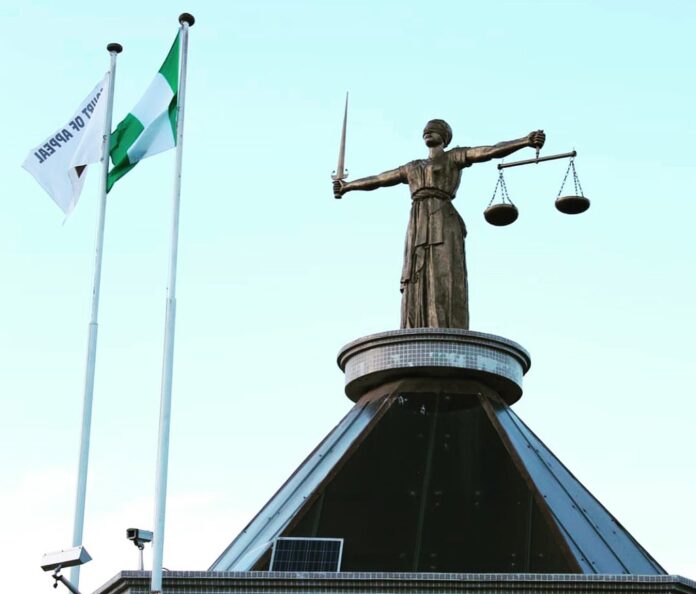In a landmark ruling on Friday, the Supreme Court struck out a suit by Nigeria’s 36 state governments seeking to compel the Federal Government to account for revenues from the sale of natural gas and related products since 1999.
The states had demanded transparency on liquefied natural gas (LNG) earnings and sought $17 billion in unpaid dividends and profits from the Nigeria LNG Limited (NLNG), held by the Nigerian National Petroleum Corporation (NNPC).
A seven-member panel of Justices, led by Justice Uwani Abba-Aji, ruled unanimously that the court lacked original jurisdiction to hear the case.
Justice Mohammed Lawal Garba, who delivered the lead judgment, upheld the preliminary objection raised by the Attorney General of the Federation (AGF), the sole defendant in the case.
He noted that the matter had already been addressed in a previous case, Attorney General of Bauchi State vs. Attorney General of the Federation.
Supreme Court Rejects Re-Litigation
Justice Garba explained that the suit amounted to an attempt to re-litigate a resolved issue.
“The court lacks jurisdiction to entertain a case already settled in line with precedents established in AG Bauchi vs. AGF,” he declared.
The court proceeded to strike out the case, emphasizing the principles of finality and judicial economy in legal processes.
All six other Justices on the panel—Justices Abba-Aji, Emmanuel Agim, Simon Tsammani, Stephen Adah, and Jamilu Tukur—concurred with the ruling.
States Demand Accountability
The states had asked the Supreme Court to order the Federal Government to render an accurate account of all income, profit, and dividends from LNG operations since 1999.
The lead counsel for the states argued that revenues from Nigeria’s LNG projects should be paid into the Federation Account for redistribution among the 36 states and the Federal Capital Territory (FCT).
Citing Section 1 of the Allocation of Revenue (Federation Accounts, Etc.) Act, they asserted their entitlement to these revenues as per the constitutional provisions governing resource ownership and revenue sharing.
States Cite Federal Responsibility as Trustee
The states also claimed that the NNPC’s shareholding in NLNG was held in trust for the entire Federation.
They argued that the Federal Government was obligated to provide transparent accounts of LNG earnings, noting that LNG and natural gas liquids are classified as petroleum resources under Nigerian law.
“The Federal Government is acting as a trustee for the Federation, which includes all states and the FCT,” the suit stated.
The states demanded a forensic audit of all revenues from LNG operations, emphasizing their constitutional right to share in the proceeds.
AGF’s Defense: No Basis for Fresh Suit
The Attorney General of the Federation countered the states’ claims, arguing that the Supreme Court lacked original jurisdiction over the matter.
The AGF emphasized that the suit was an attempt to revisit settled issues, undermining judicial finality.
The Federal Government also argued that all LNG revenues were accounted for in line with existing laws and urged the court to dismiss the suit as frivolous.
Ruling Highlights Constitutional Limits
Legal experts have highlighted the ruling as a reminder of the constitutional limits on cases that can originate in the Supreme Court.
Cases involving intergovernmental disputes often require careful adherence to procedural rules, and this ruling underscores the judiciary’s role in preventing legal redundancies.
A History of Controversy Over Oil and Gas Revenues
The case highlights longstanding tensions over resource control and revenue sharing in Nigeria.
Oil-producing states, particularly in the Niger Delta, have often called for greater transparency in the management of oil and gas revenues.
Since the NLNG began operations in 1999, questions about the equitable distribution of its earnings have fueled debates on federalism and local content policies.
Past lawsuits by oil-producing states have sought to assert their rights to a greater share of Nigeria’s resource wealth, with mixed success.

